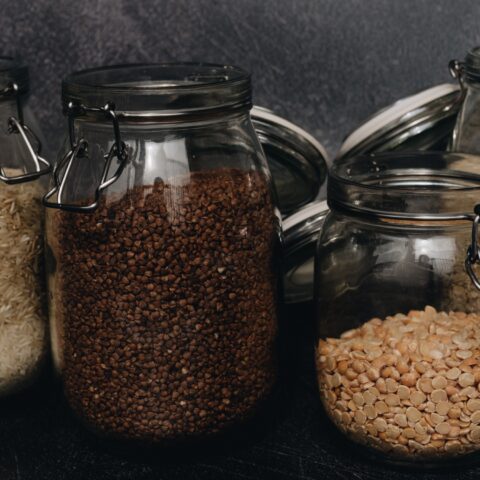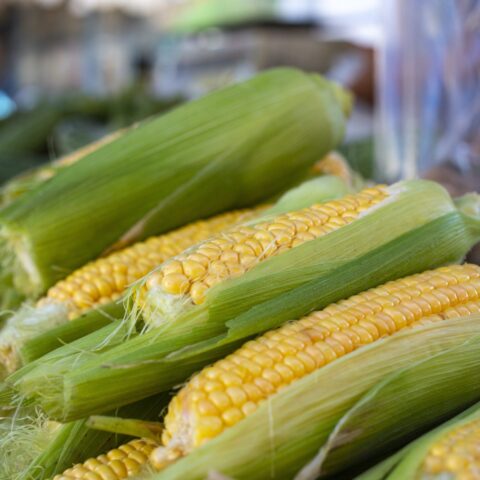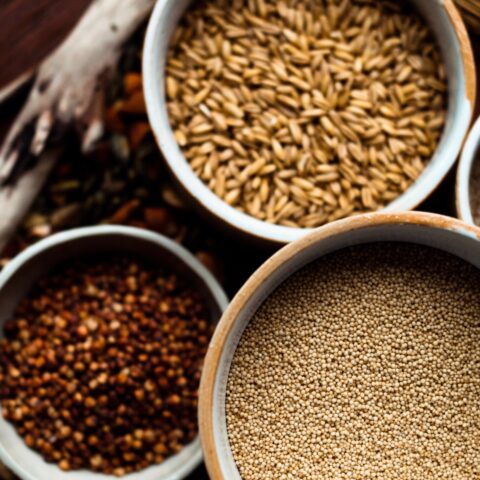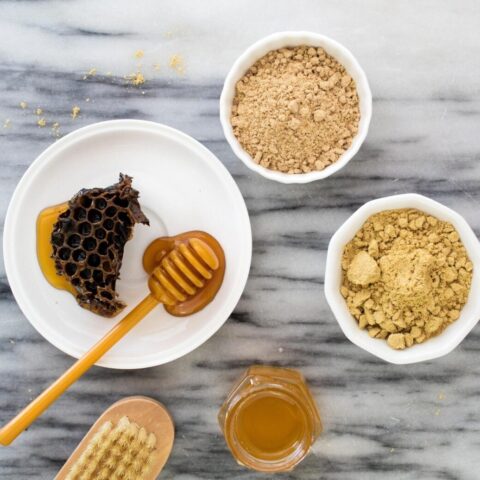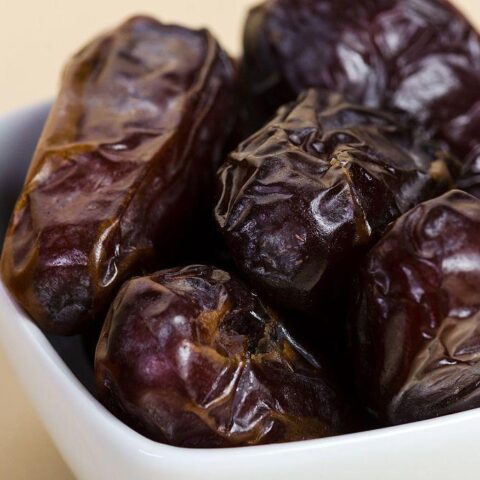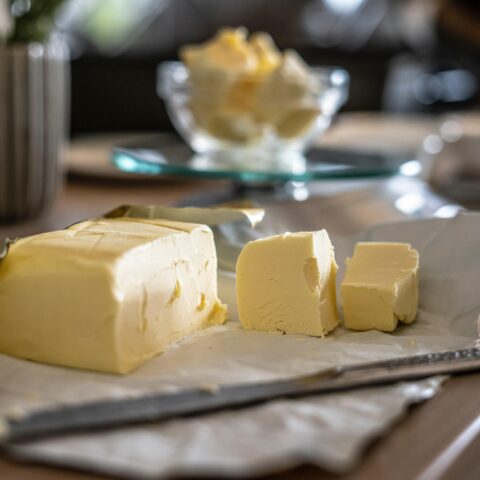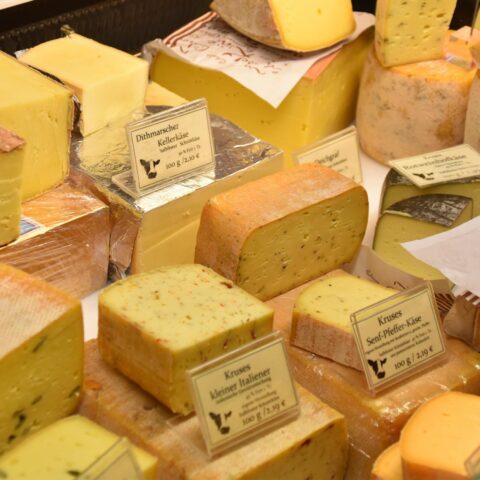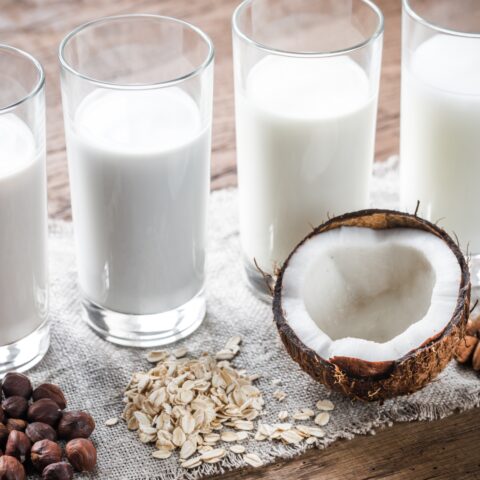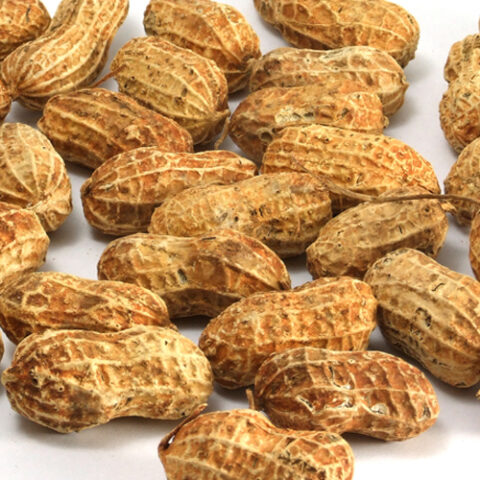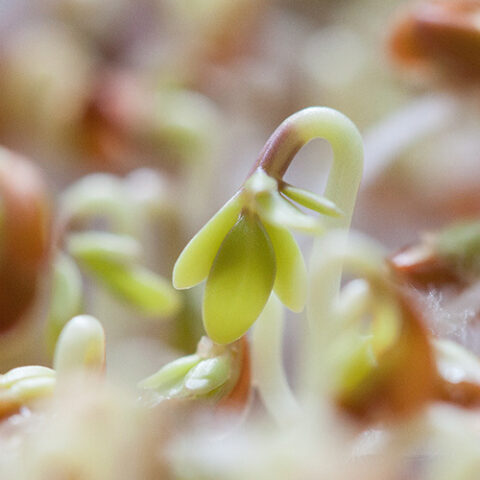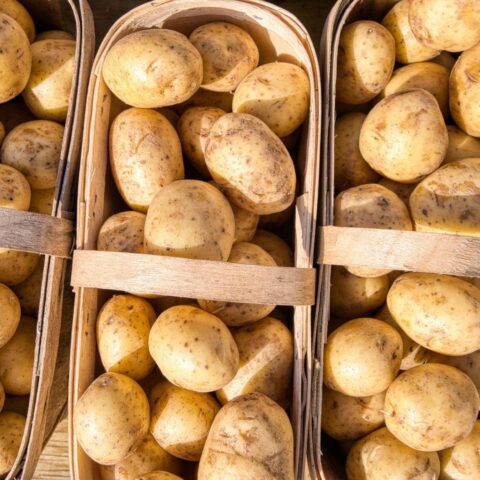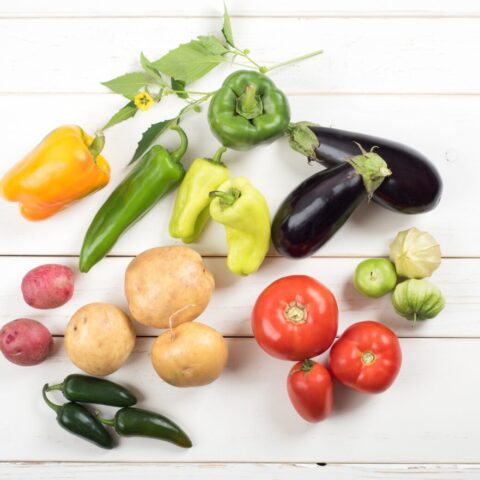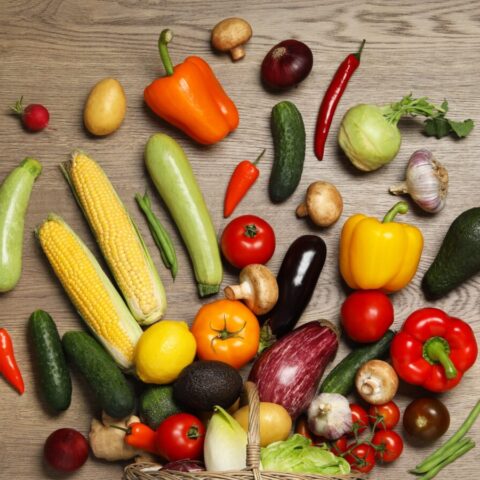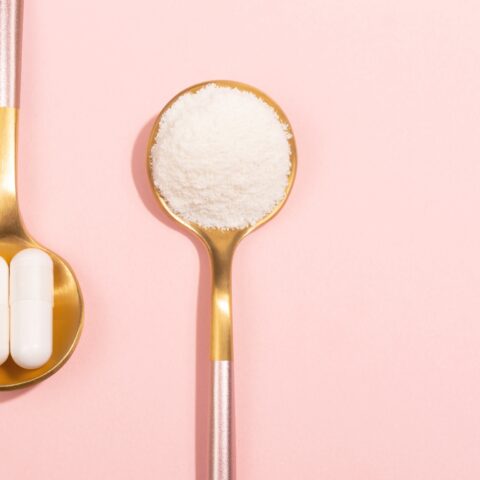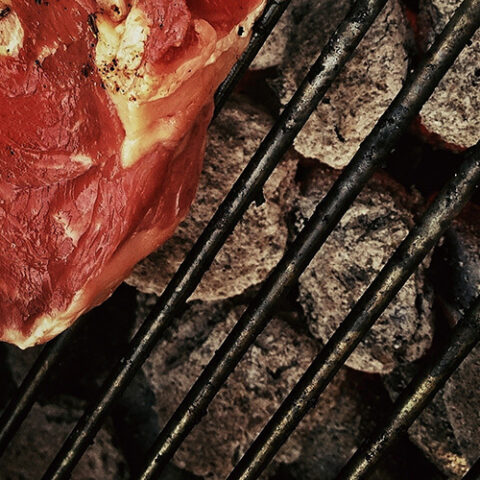
Is It Paleo?
There’s a lot of confusing information out there about what is and isn’t Paleo – like bacon or sea salt. We are here to set the record straight from a science-driven point of view.
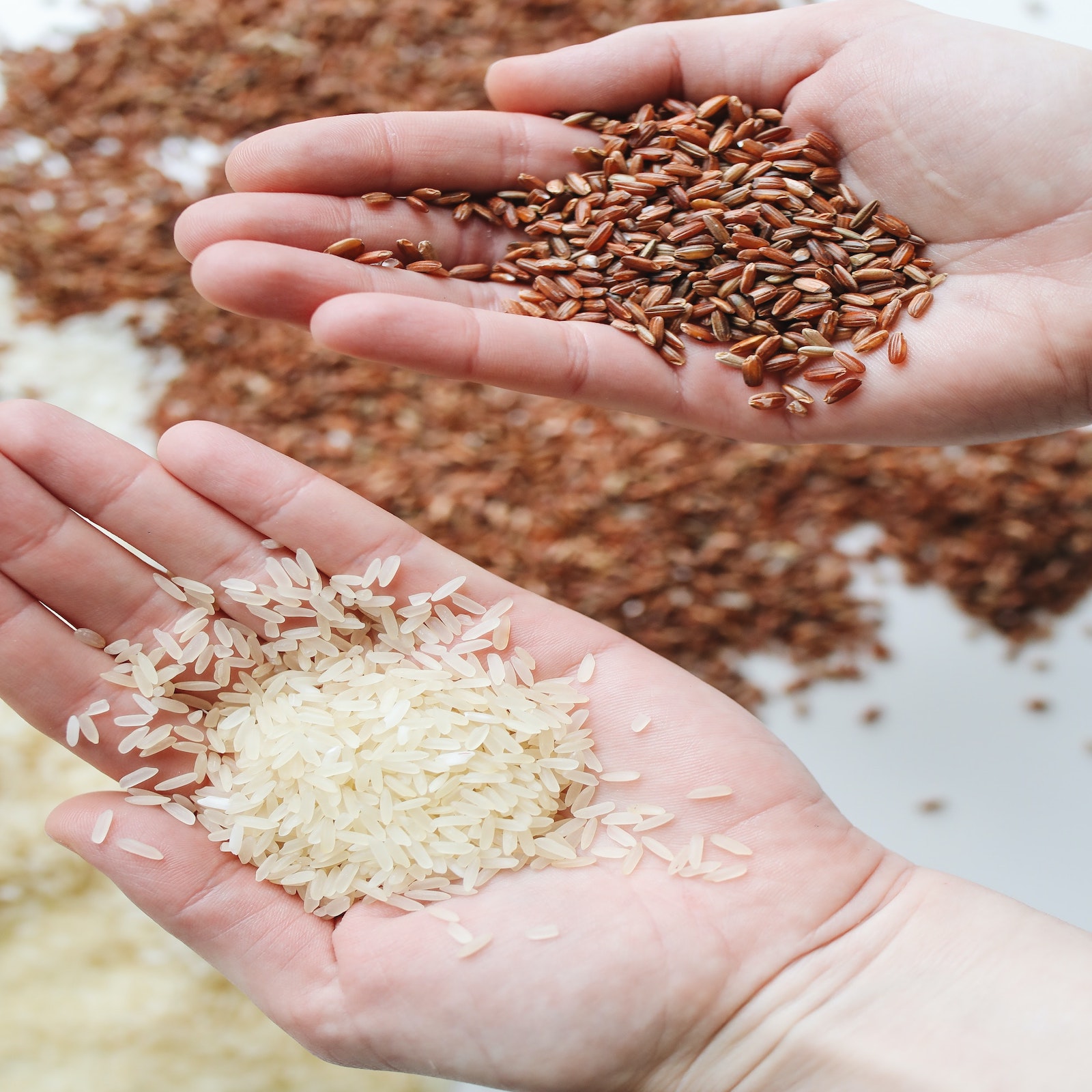
Are Grains Paleo?
We avoid grains on The Paleo Diet® for several important reasons. They’re low in key vitamins and minerals, high in anti-nutrients, and they have a high glycemic load – which contributes to an array of other problems. Read on to learn more about what science says about ancient grains, whole grains, and others that are still mistakenly considered healthy.
Learn More About Why Grains Aren't Paleo
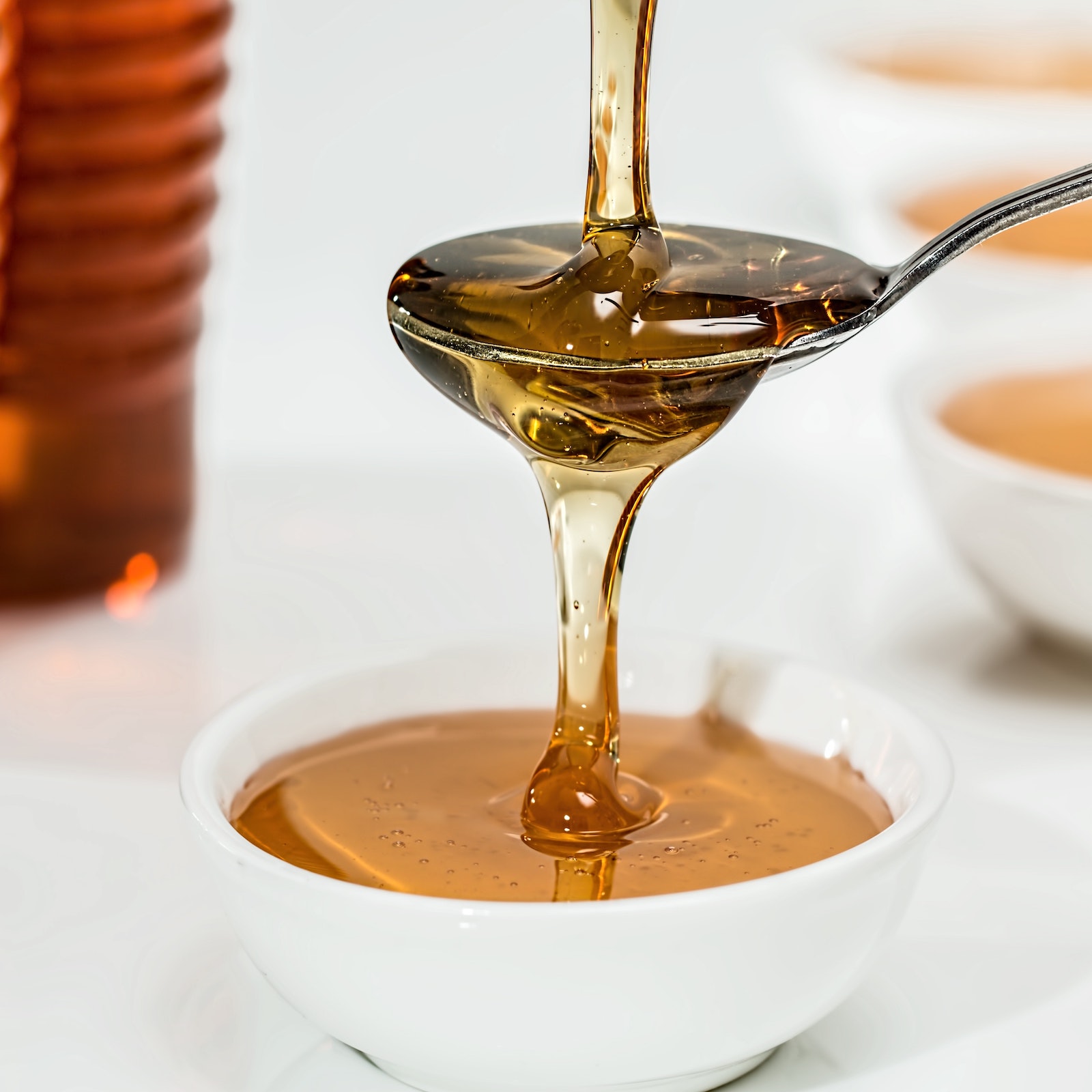
Are Natural Sugars Paleo?
Most people in the Paleosphere know that refined sugar isn’t Paleo, but what about the tricky gray areas around natural sweeteners like dates and honey?
Find Out Which Natural Sugars Are Paleo
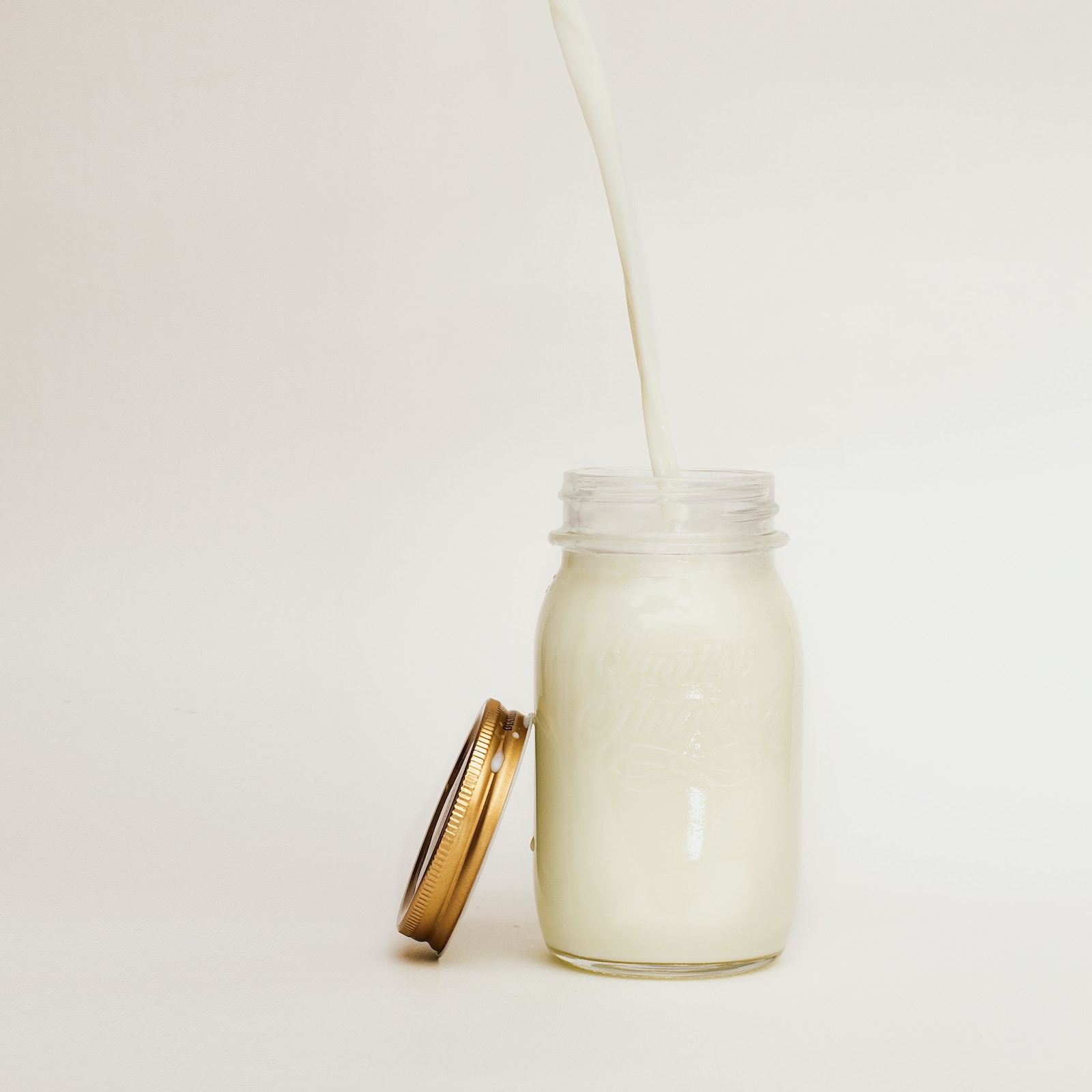
Is Dairy Paleo?
Cow’s milk contains many different growth hormones meant for a young growing calf, as well as lactose, a form of sugar that can lead to digestive problems. But is milk from other animals any better?
Learn More About Why Dairy Isn't Paleo
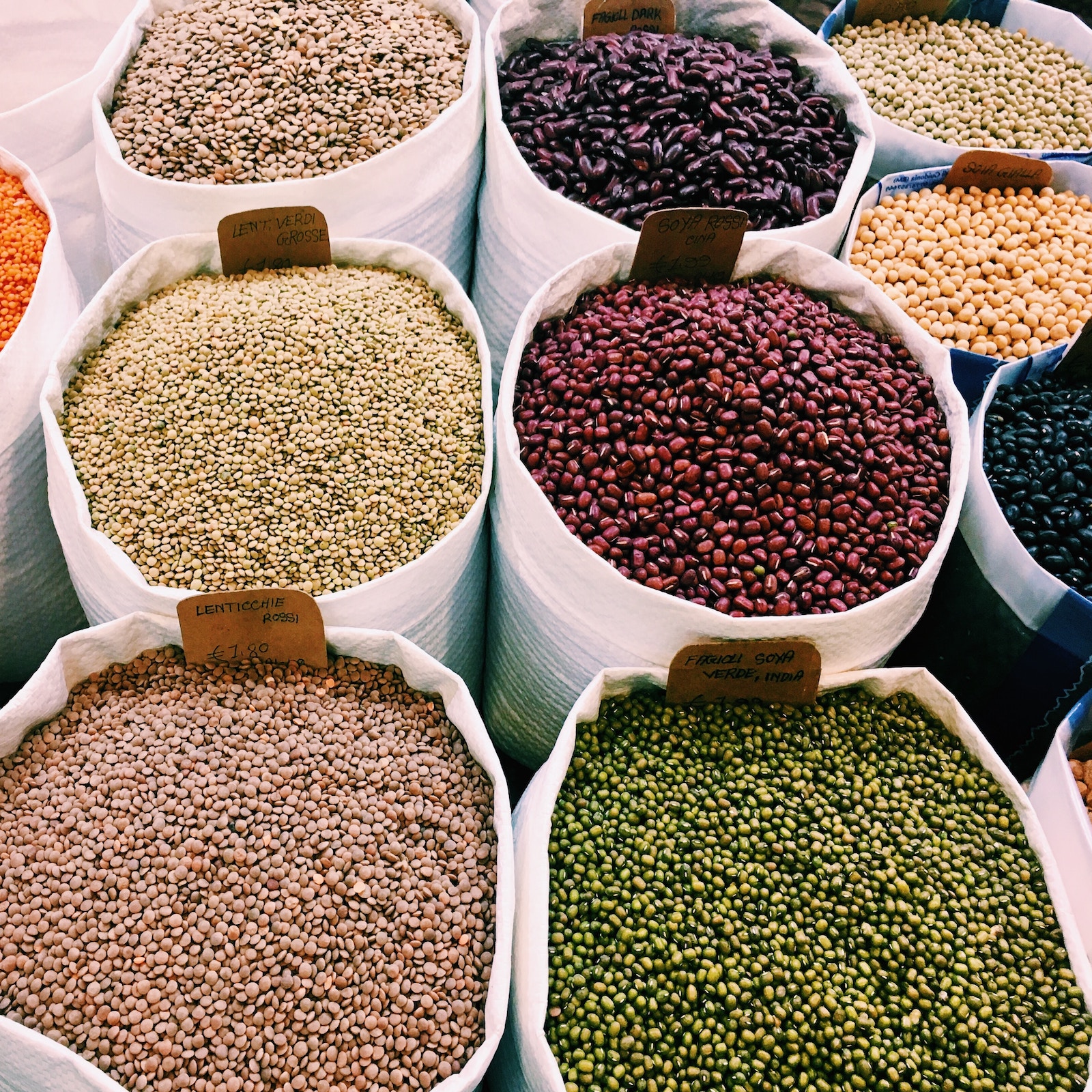
Are Legumes Paleo?
Many people load up on beans, peas, and lentils thinking they’re getting plenty of vitamins, but sadly, legumes are filled with anti-nutrients that impair the body’s ability to absorb these nutrients.
Learn More About Why Legumes Aren't Paleo

Are Nightshades Paleo?
Nightshades are a family of plants that are relatively new from an evolutionary perspective, and they may cause digestive discomfort for some. While white potatoes do more harm than good, nightshades like tomatoes, green peppers, and eggplant are fine for most people.
Find Out Which Nightshades Are Paleo

Are Supplements Paleo?
While we typically advocate for getting all your nutrients from your diet, there are a few general exceptions to this rule.
Find Out Which Supplements Are Paleo

Is Alcohol Paleo?
Everyone wants to know what they can drink on The Paleo Diet®. While technically no form of alcohol is Paleo, some choices are better than others.
